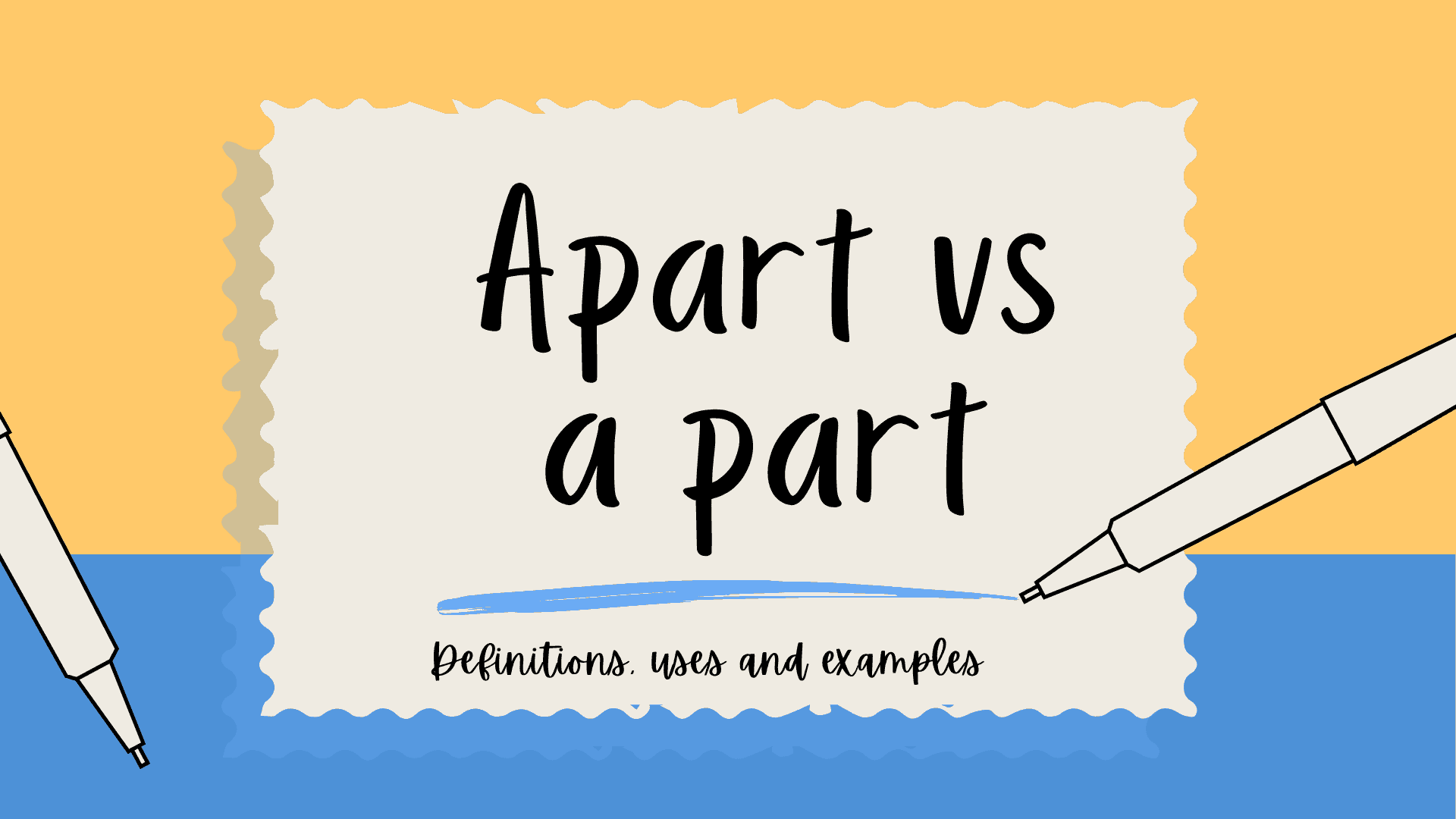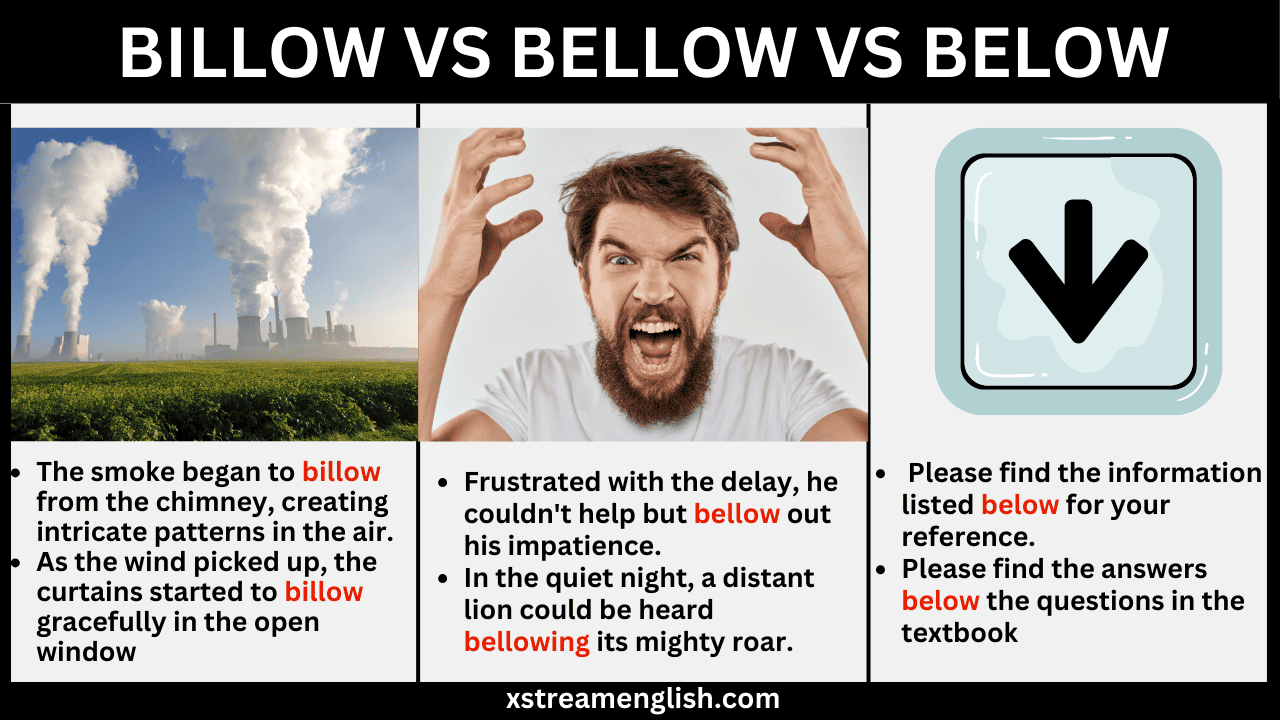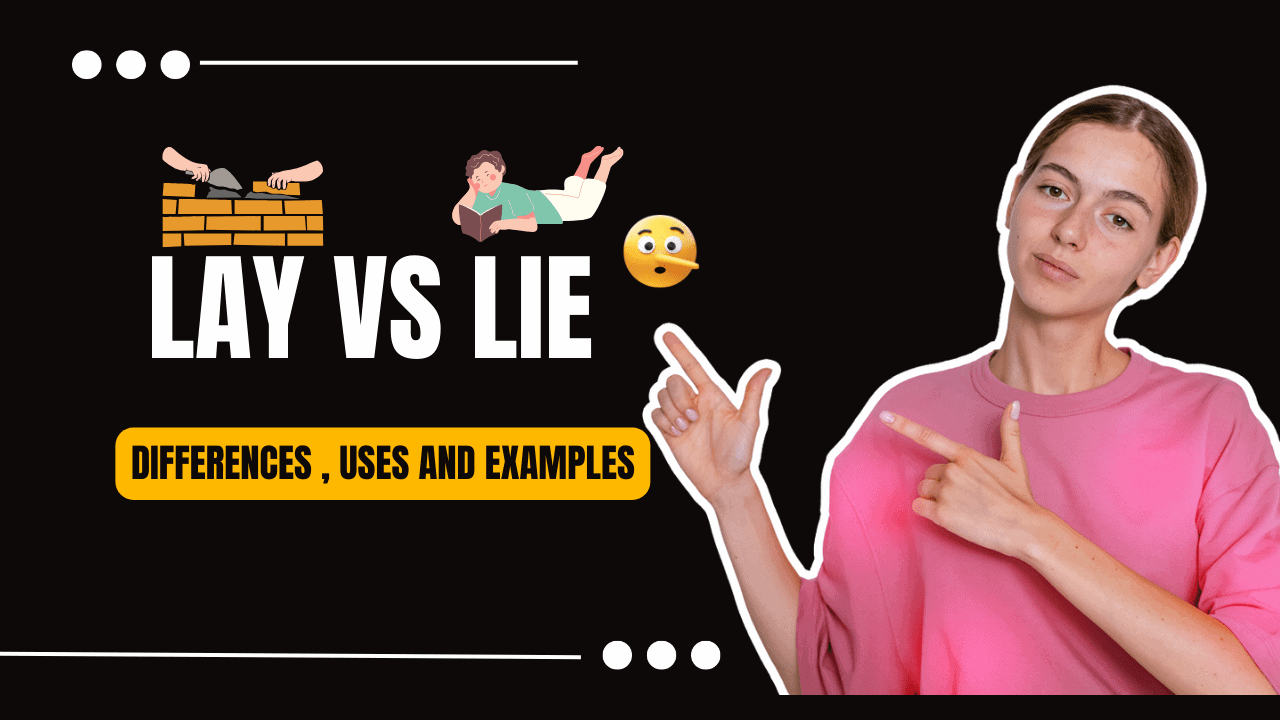An adverb is word that used to modify a verb, an adjective, another adverb, a preposition, a conjunction or a complete sentence.
Example –
- She sang well.
- kindly pay the bill.
- please sit down.
- These are very sweet mangoes.
- He speaks very loudly.

Kinds of Adverb
On the basis of Meaning
Adverb of Degree
They can be used before adjectives, verbs or another adverb to information about the quantity (i.e. how much) or in what degree or in what extent of something.
They answer the question of how much
Very, enough, too, as, so, almost, some-what, fairly, rather, quite, hardly, extremely, etc.
Example:
- I am extremely happy.
- The work is almost complete.
- I am quite well.
ADVERB OF PLACE
They explain where the action takes place
Here, there, where, every, far, near, away, upstairs, down, up, etc.
Example:
- I could not find him anywhere.
- We play cricket here.
- He looked for his lost ring everywhere.
Adverb of Manner
They are the adverb which describes the manner of an action or how an action takes place,
Bravely, slowly, carefully, beautifully, badly, fluently, hard, well, eagerly, sweetly, noisily, fast, etc.
Example:
- He speaks English fluently.
- I read my books carefully.
- He talks well.
Adverb of Time
These are the adverbs that indicate a definite point or period of time.
Yesterday, tomorrow, ago, yet, soon, early, late, now, then, today.
Example:
- You will notice the improvement soon.
- It was my birthday yesterday.
- He will go to Switzerland next month.
- He will come soon.
Adverb of Frequency
They are used to tell how often something happens or an action takes place.
Often, again, always, never, seldom, scarcely, once, twice, thrice, rarely, regularly, everyday, daily, hourly, monthly, weekly, etc.
Example:
- Her daughter never cooks food.
- He often comes late.
- He always speaks the truth.
- He repeatedly helped his friends.
- I have never seen an airplane.

Adverbs of affirmation and negation
They are adverbs used to explain whether an action is performed or not.
Not, hardly, certainly, definitely, exactly, surely.
Example:
- You have not completed the task.
- You will certainly succeed.
- I have never cheated anybody.
- She did not reply to my letter.
- I will surely
According to its use
Simple adverb
They are the adverbs which only modifies the word verb, adjective, adverb, prepostion, conjunction
Adverb which are discussed in the above category according to meaning are all simple adverbs
Interrogative Adverbs
These adverbs are used to frame questions as well as modify, verbs in that particular interrogative sentence.
When, why, where, how
- Why are you surprised?
- Where has she seen me?
- Where do you live?
Relative adverb
When an interrogative adverb acts as a conjunction and connects two clauses, it is called relative adverb.
- I know the place where she lives.
- I understand the point of what you say.
- I don’t know where he has gone.
- He will come when I call him.

Position of adverb
Note1: Transitive verb is followed by its object, an adverb can be used either before the transitive verb or after the object or transitive verb, according to its use.
Example:
- I saw last my friend on Monday. (✖)
- I last saw my keys on Monday. (✔)
- She loudly laughed during the funeral. (✖)
- She laughed loudly during the funeral. (✔)
Note 2: Order of the adverbs when there are more than one adverb in a sentence.fo
Adverb of manner- adverb of place – Adverb of time
Example:
- Rohit solved the numerical yesterday hastily at school. (✖)
- Rohit solved the numerical hastily at school yesterday. (✔)
Note 3: Adverb of manner, time and place are placed after the verb or after the object, if there is any.
Example:
- Mohan sent last week a gift to me. (✖)
- Mohan sent a gift to me last week. (✔)
Note 4: The adverb is placed before an adjective or another adverb when the former adverb modifies the latter.
Example:
- He was ready almost. (✖)
- He was almost ready. (✔)
Adverb of definite frequency
Adverb of definite frequency placed at the last of the sentence
Example:
- Mohan has twice confronted Sohan (✖)
- Mohan has confronted Sohan twice (✔)
When we have to write a sequence in time, we use precise unit first and the general unit follows it.
Example:
- I was born in 1999 on 12thNov at 3:30 pm. (✖)
- I was born at 3:30 pm on 12thNov in 1999. (✔)
Adverb of Indefinite frequency
Always, never, ever, generally, usually, sometime, occasionally often, rarely, etc
Adverb of indefinite frequency are used just before main verb or after auxiliary verb if there is one.
Example:
- He will come never here. (✖)
- He will never come here. (✔)
when main verb is a form of ‘be’ (i.e. is, am, are, was, were) we use adverb of Indefinite frequency just after the main verb
Example:
- She is always happy
- I am never sad.
- Chris was never wrong in his decision.
when auxiliary verb is modal ‘have to’ or ‘used to’ put adverb of frequency and quantity before auxiliary verb
Example:
- I used to often play football on Sunday. (✖)
- I often used to play football on Sunday. (✔)
Correct usage of adverb/ Confusion between adjective and adverb
we shoud not use adjective instead of adverb
Examples:
- The moon shone bright on Purnima. (✖)
- The moon shone brightly on Purnima. (✔)
- It was a pure administrative decision. (✖)
- It was a purely administrative decision. (✔)
Formation of Adverb
Note 1: we often add suffix ‘ly‘ to change adjective to adverb
Adjective
- poor
- beautiful
- pure
- bravely
- serious
- polite
- loud
- General
- Obvious
- Sweet
- Clear
- Slow
Adverb
- poorly
- beautifully
- purely
- bravely
- seriously
- politely
- loudly
- Generally
- Obviously
- Sweetly
- Clearly
- Slowly
Note 2: Some words have suffix ‘ly’ but are adjective in nature. This is because in these words suffix ‘ly’ is added to Noun.
- friendly
- brotherly
- lovely
- costly
- Wordly
- lonely
- manly
- womanly
- Ghostly
- Lively
- Homely
- Godly
- Orderly
- Scholarly
- Heavenly
- Slovenly
- Miserly
- Cowardly
- Silly
- Bodily
- Deadly
- Kingly
- Niggardly
- Lively
They can be changed into adverbs in the following manner
‘Noun + ly’ = Adjective, Adjective + ly = Adverb ( in a Adjective manner/ way)
Example-
Some words like, daily, weekly, timely, monthly, yearly, etc are both adjective as well adverb.
Example-
Correct usage of some Adverb
Enough
It means as much as necessary or we can say sufficient for the purpose
Enough is used as adverb as well as adjective. When we use enough with noun it comes just before that noun and when we use enough with an adjective it follows that adjective.
Positive degree + enough
- She is wise enough to understand your intention.
- He has enough money to buy this car.
- He is fast enough to defeat you.
- He is intelligent enough to do this work.
- She is happy enough to join our group.
Very and Too : Theses are adverb of degree and are used to give information about the extent or degree of something.
We use very when we wanted to show to a high degree whereas too is used to show more than enough or more than wanted or needed
Example:
too + adjective
- He is too tall. ( more than desirable – convey negative sense)
very+ adjective
- He is very tall. ( a compliment)
Late and Lately
The word late means after the expected or usual time or delayed.
Late: It is used as an adverb as well as an adjective.
Example–
- You are late.
- Ronit arrived home late at night.
- He came late today.
Lately: It means in the recent past.
- He has come lately. (recently)
- She has finished her work lately.
- Lately, his efforts were more effective than anybody else’s.
Very much
Very is not used with some verbs like agree, doubt, fear, hope, like, want, admire, appreciate, enjoy, and regret.
We can use very much or much with these verbs.
Example–
- Sumit very agrees with the decision of his boss. (✖)
- Sumit very much agrees with the decision of his boss. (✔)
Too much and much too
Too much is used with nouns as they form adjectives in the format.
Example
- I have too much work to do (✔). here work is a noun so we use too much.
- This jar cannot bear too much pressure. ( here pressure is a noun so we use too much)
Much too is used with adjectives as they, form adverb phrases, and adjectives are modified by adverbs only.
Examples:
- He is too much worried( (✖) worried is an adjective so we need much too instead of too much.
- He is much too worried (✔).
- The day is much too sunny today. ( here sunny is an adjective so we use much too)
Hard and Hardly
Hard is an adjective as well as an Adverb
- Hard as an adjective – Hard + Noun
- Hard as an adverb – Verb + Hard
Examples:
- He works
hard. - Hard work brings good result.
- Old values die hard.
- He does not spend hard earned money.
Hardly means almost not or scarcely
Hardly only use as an adverb – hardly + verb
- He hardly works.
- She has hardly taken any rest.
- They hardly thought of this situation.
Seldom or Never
- conveys negative meaning in the sentence
- This word is used to show negative frequency
Examples:
- Mohan seldom or never drinks.
- This cow was seldom or never put in execution.
Fairly and Rather
Fairly is used with a positive degree. Example – fairly wise, fairly good etc. but Rather is used with positive as well as comparative degrees example- rather bad, rather difficult, rather worse, rather hotter.
Fairly is followed by pleasant Adjective example – fairly wise, fairly beautiful etc.
Rather is followed by an unpleasant adjective example – rather wicked, rather difficult, rather troublesome, rather dull etc. but we can also use rather amusing, rather good, rather clever, rather clever, rather pretty, rather beautiful etc.
Example-
- I like her as she is fairly beautiful.
- coffee is fairly hot.
- The weather is rather hot.
Slow and Slowly
We get adverbs slowly by adding suffix ‘ly’ to slow. i.e. Slow + ly:
but fastly is never used as adverb rather fast is used both as adverb as well as adjective.
Example-
- Tom walks slowly, but Sam walks fastly. (✖ )
- Tom walks slowly, but Sam walks fast. (✔)
Comparatives of Adverb
comparative
- shorter
- later
- harder
- faster
- higher
- sooner
- nearer
- earlier
Superlative
- shortest
- latest / last
- hardest
- fastest
- highest
- soonest
- nearest
- earliest
comparative
- More Wisely
- More Slowly
- More Skillfully
- More Swiftly
- More Angrily
- More Heavily
- More Sweetly
- More Loudly
- More Freely
- More Brightly
Superlative
- Most Wisely
- Most Slowly
- Most Skillfully
- Most Swiftly
- Most Angrily
- Most Heavily
- Most Sweetly
- Most Loudly
- Most Freely
- Most Brightly
comparative
- Better
- Further
- More
- Less
- Farther
Superlative
- Best
- Furthest
- Most
- Least
- Farthest



